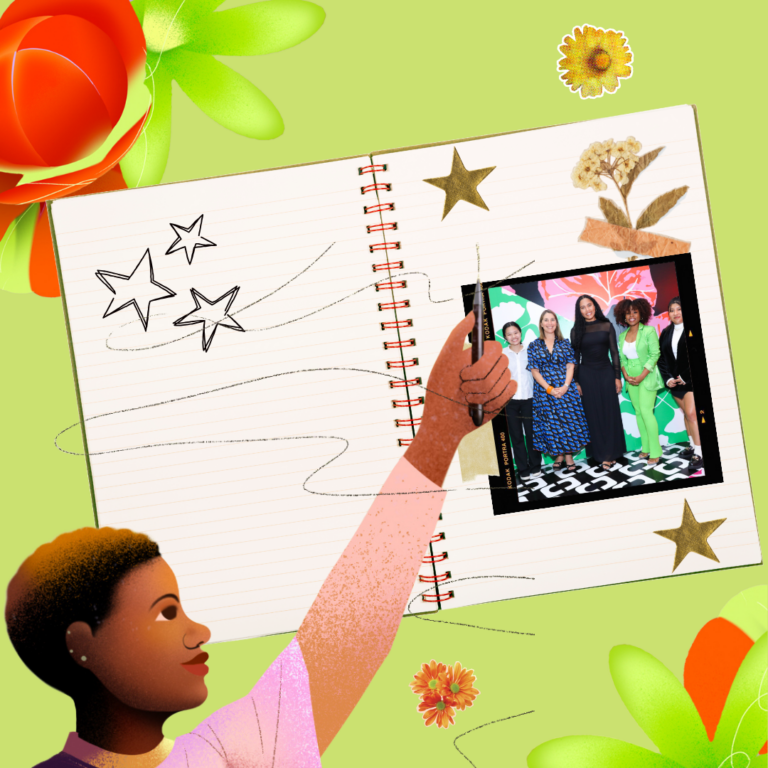Writing & Wellness Events for Women, Trans* & Gender-expansive Creatives
As one mentor put it, Girls Write Now events are “the cure for writer’s block.” We offer an array of writing-centered events to our community and to the public—and even virtually, our spaces are welcoming, inspiring, and empowering.
We come together to create multi-genre, multimedia work, share perspectives, hone professional skills, and support each other on the path to wellness both for ourselves and our communities. Join our mailing list to get weekly event updates!


Nurturing Connections: Wellness, Reflection, and Growth in Mentoring
Join us for an engaging mentor professional development session focused on fostering connections, promoting wellness, and cultivating growth in mentoring. Through practical activities such as wellness writing prompts, contemplative practice, and reflective discussions, mentors will deepen their understanding of themselves, connect with their peers, and contribute to a supportive mentoring community.
Greene Garden Picnic
Join us for an inspiring afternoon centering mental health awareness through our partnership with The Yellow Tulip Project. Bring and share your favorite picnic snacks as you enjoy creative pieces from Girls Write Now's community members, engage in mental health and wellness activities, and celebrate the hope of spring.
Girls Write Now 25th Anniversary Radical Gratitude Fall Awards at DVF
Join us for The Girls Write Now 25th Anniversary Radical Gratitude Awards, where we will be honoring select supporters of our community.
Create Write Now
GET INSPIRED WITH ON-DEMAND MinI-Writing Workshops
Celebrate Creativity at Girls Write Now Events


FRIDAY NIGHT SALON SERIES
A special guest artist host shares their personal and professional journey and guides you through a series of writing prompts. Expect a magical night of creating and conversing in community. Open to the public!
Open EDITORIAL FORUMS
At monthly Editorial Forums led by our Editors-in-Residence, we harness our collective creative energy to reimagine the future of storytelling and shape publishing at Girls Write Now. Open to all mentees, mentors & alum!
GIRLS WRITE NOW LIVE
Our Spring Performance Series showcases the amazing stories mentees, who share their best work developed with guidance from—and often collaboration with—their dedicated mentors. Open to the public!
Awards & Special Events
Each year, we honor our community and the leaders who are paving the way for our mentees to break boundaries, both in life and in writing, and to realize their promise and the possibilities of change.







































